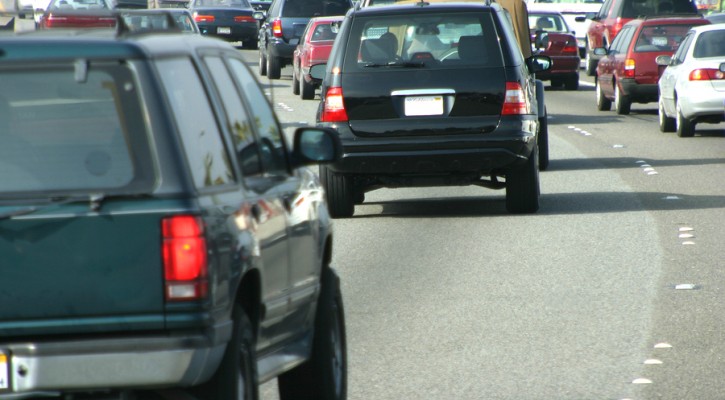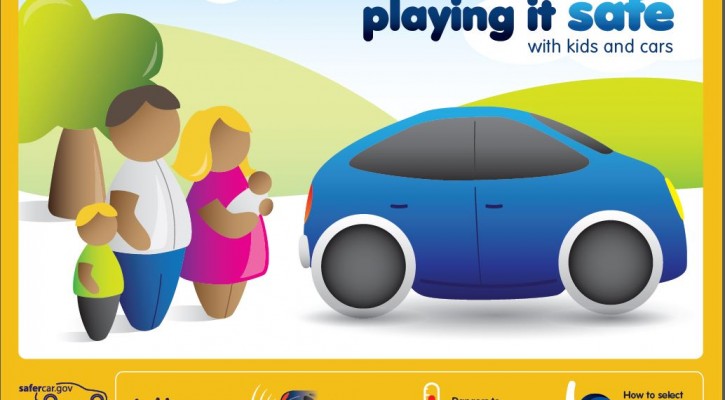Tag Archive: Driving Safety

Ask The Traffic School Instructor: Signal For Lane Change
September 9, 2014
Question: Is it common to get pulled over for changing lanes without a turn signal?
Answer: It’s hard to tell if law enforcement officers routinely stop motorists for failing to signal for a lane change. In looking at the Florida Highway Patrol (FHP) Uniform Traffic Citation Statistics for 2013, there’s no specific mention in the statistics of failure to signal for a lane change. However, there are statistics on citations issued for improper lane change. In 2013, there were 51,898 citations for improper lane change reported to the FHP. Those 51,898 citations only make up two percent of the total of all citations issued for moving offenses.
Even if we were to add the 185,192 citations issued for careless driving and the 28,965 citations issued for improper turns, that would only make up eleven percent of the total number of tickets given. So, apparently, it’s not a common occurrence. That being said, Florida law does require motorists to signal for a lane change when they are changing lanes.
There used to be some confusion about the law because, when it was originally passed, the law referred to changing direction from a direct course. Some law enforcement officers interpreted that to mean a signal was required when making a left or right turn but not necessarily when changing lanes. I actually heard a police officer tell a class that turn signals weren’t required when changing lanes. In 2009, the Florida State Legislature cleared up that confusion by adding the wording “or move left or right upon a highway.”
One of the biggest driving pet peeves I hear from drivers in my classes is the failure of other drivers to use a turn signal. No matter how the law is written, it’s just good common sense to always signal your intentions whenever you change directions; whether you’re making a 90 degree turn or moving from one lane to another. Communication between motorists is critical to driving safety and it takes such little effort to hit that turn signal switch.
If you want to check out the law yourself, read: Chapter 316.155 When signal required

Ask The Traffic School Instructor: Better Drivers – Men vs Women
August 5, 2014
Question: Who are better drivers, men or women?
Answer: Deciding who’s better is one of those questions that’s hard to generalize. In an equal opportunity country, there are certainly men and women who are fully equal when it comes to being bad drivers. From a totally personal and unscientific point of view, I can tell you that, in every traffic violator class I’ve ever taught, men far outnumbered the women. The scientific data also seems to show the same types of numbers. So, if by better, you mean safer and less likely to be involved in a crash, the numbers favor women. Continue Reading

Fourth Of July Deadly For Drivers
July 2, 2014
According to the Insurance Institute for Highway Safety (IIHS) the Fourth of July is the deadliest day of the year for American drivers. Looking at data from 1986 through 2002, the IIHS determined that an average of 161 people die each year on the 4th. That’s 12 more deaths than average on any other single day of the year. Read more: More crash deaths occur on 4th of July than any other day

Car Safety Features For Children
June 20, 2014
If you are in the market for a new car or just wondering if your own car is safe for children, this handy web brochure put out by the National Highway Transportation Safety Administration explains all the different safety features available. There’s also a guide to children’s car seats, kid/car dangers, and a list of all the standard safety features by make and model of car. Click here to download the brochure: A parent’s guide to playing it safe with kids and cars
